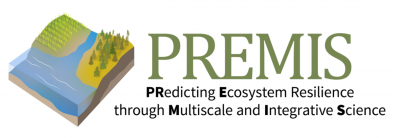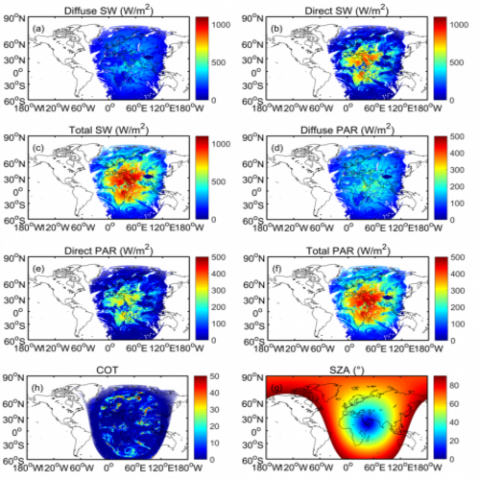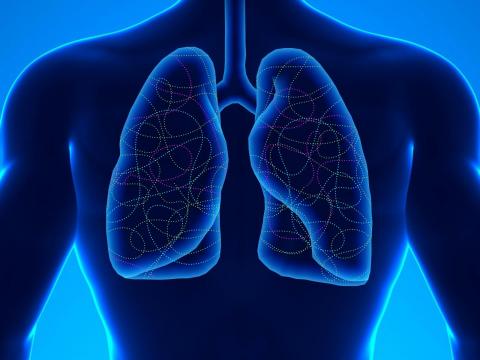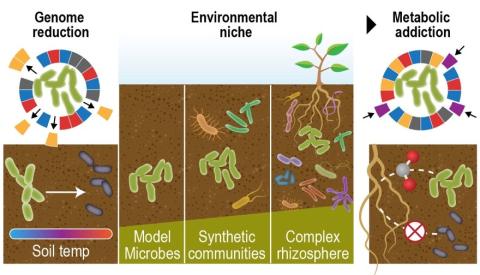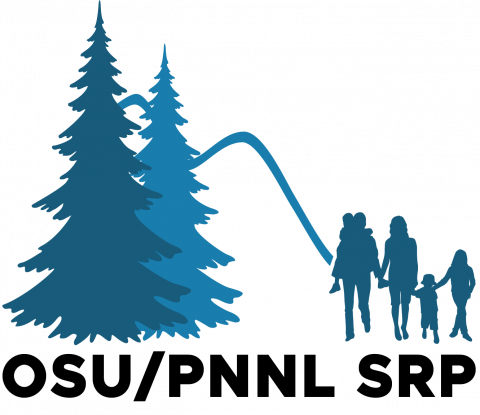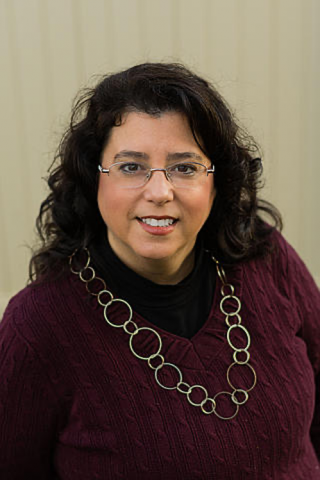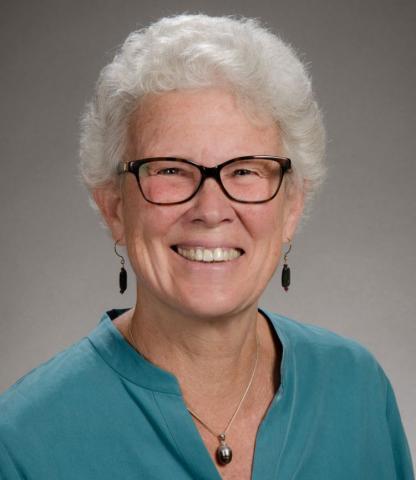The PNNL-SERDP database was constructed by PNNL to generate the quantitative infrared spectra of gases associated with biomass burning; the reference data are to allow detection and quantification of such gases via infrared absorption spectroscopy. Candidates for the database were selected based on...
Category
Datasets
2


